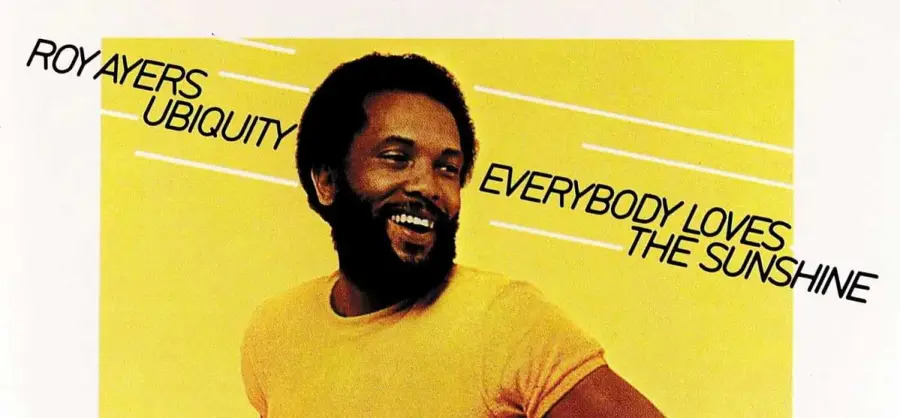Last November, I had the unfortunate pleasure of being introduced to a tool that was touted as being the future, something that I shouldn’t, and apparently couldn’t, live without. ChatGPT was released for public use in 2022 and has retained its position as the jock in a high school coming-of-age movie; that is to say overly involved, annoying and the receptor of too much screen time.
I’ve been assured this chatbot has pioneered the future of artificial intelligence. And who am I, a simple communication major, to argue with Silicon Valley? At this point, nearing two years since ChatGPT was rolled out, I’ve reached the end of my line writing “How will AI impact my career?” themed assignments and reading the “Zero tolerance” AI policies in syllabi.
The jokes that poke fun at AI saying it is more controversial than politics now fall flat as the pair are a package deal. In their spare time from planning TikTok’s demise, congress has generously donated their efforts to addressing vaguely outlined AI issues. It seems as though ChatGPT was the catalyst to pull the already brewing AI discussion to the surface. Depending on who you ask, AI will either usher in a bright, exciting future or send society spiraling into a robot-governed dictatorship. The only commonality between opinions seems to be that everyone has one.
The influence of AI on American culture and daily life can not be minimized. Outside of protests, like that of the Hollywood writers whose multi-month AI-centered strike garnered international attention, AI has been cleverly integrating its way into the path of the unsuspecting. For savvy internet users, it’s easy to laugh at AI-generated song covers and videos of former presidents playing Minecraft together. For an older, or less exposed audience, what’s seen on Facebook is law. AI content on Facebook seems to have done a better job fooling the Gen X and beyond crowd than Ron DeSantis’ high-heeled cowboy boots.
This is all to say that yes, there are ethical concerns and conversations that need to happen surrounding AI. It is in no one’s best interest to ignore how AI influences every sector of life from the media we consume to mathematical calculations that build cities. Although the sudden spike in AI-related discussions has seemed abrupt, the process has been gradual. No one hesitates to ask Siri about tomorrow’s weather, but to ask ChatGPT the same question would be enabling a dark dystopian future. There is a hypocrisy in warning against AI while simultaneously using it when convenient or when it is accessible in a familiar form.
So why am I so over the AI discussion? Because to ask someone how they feel about AI is equivalent to asking a person how they feel about cars. Do you want to know if they use or own a car? Were you hoping to find out their views on how cars impact the environment? Or did you mean to ask what their favorite make and model is? The point is clear, asking people how they feel about AI is an overly broad and generalized question that has little hope to conjure a productive dialogue.
As a global whole, we need to step away from neatly packing away all of AI’s branches into one box and begin to address them as the autonomous channels that they are. The answer isn’t to fight for an AI-free world (I’d have a tough time getting anywhere without Google Maps) or to accept any and all uses of AI. Rather, different uses of AI must be acknowledged and treated as their own entities; no more one-size-fits-all approach for something that comes in endless shapes and sizes.







